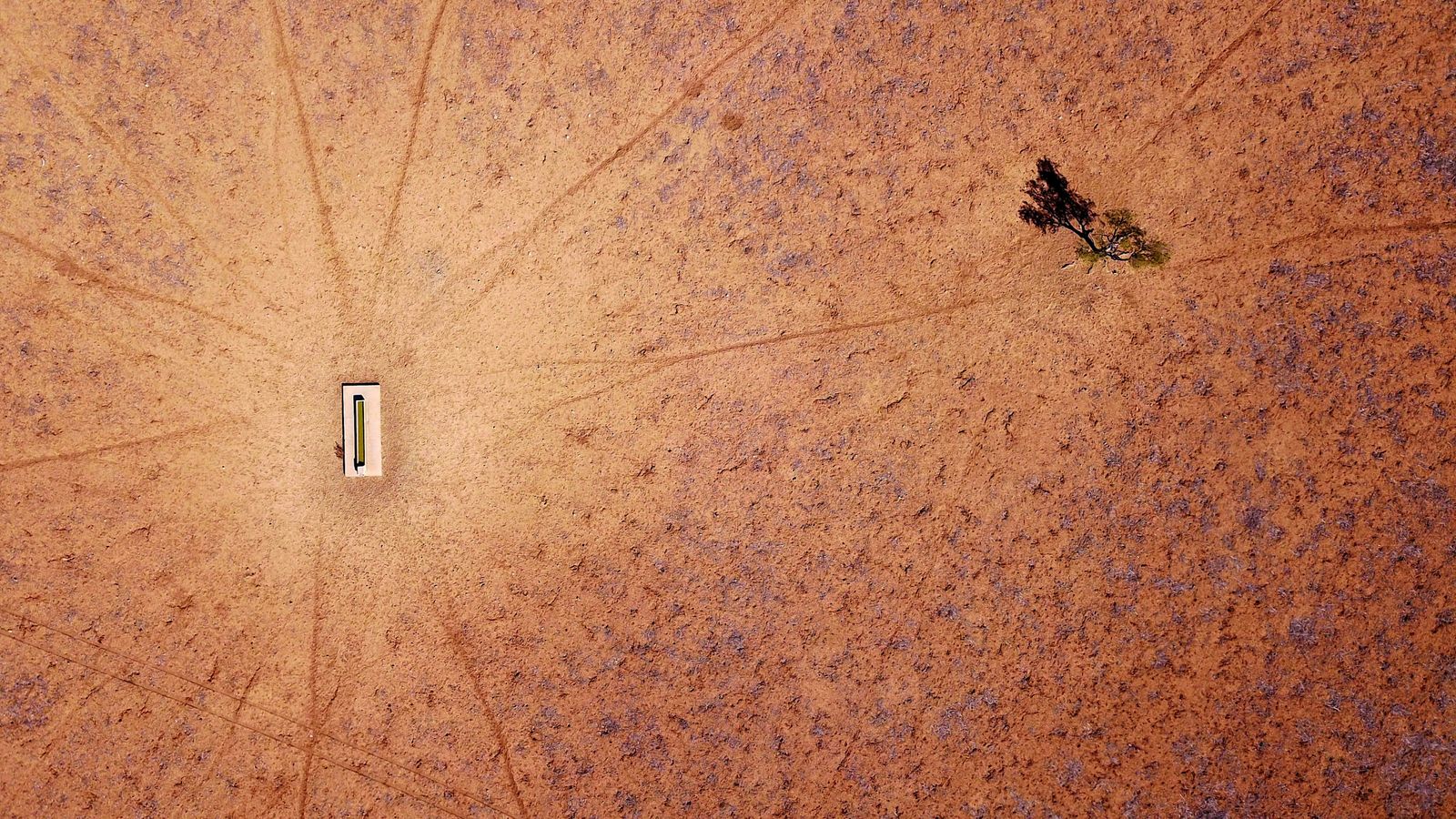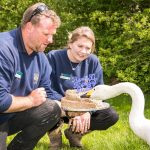The COP26 climate conference is “our last hope” of limiting global warming to 1.5C.
That will be the warning from the president of the Glasgow summit on Friday, as world leaders prepare to discuss the situation between 1 and 12 November.
Cabinet minister Alok Sharma will say: “This is our last hope of keeping 1.5C alive. Our best chance of building a brighter future. A future of green jobs and cleaner air.”
He will add: “I have faith that world leaders will rise to the occasion and not be found wanting in their tryst with destiny.
“That, in six months’ time, when we are packing up and going home, we will be able to say that at this critical juncture, each of us took responsibility.
“That we chose to act, and that we kept 1.5C alive.”
:: Subscribe to ClimateCast on Spotify, Apple Podcasts, Spreaker
Mr Sharma will say he enlisted the help of his daughters in creating a message to deliver to world leaders, adding: “Their response was simple – ‘please, tell them to pick the planet’.
“And that’s the message I want to leave you with today.
“A message from my daughters, a message from future generations.
“This is our moment, there are no second chances.
“Let’s pick the planet.”
Mr Sharma will also encourage conference attendees to leave coal behind, adding: “We are working directly with governments, and through international organisations to end international coal financing.”
Kate Blagojevic, head of climate at Greenpeace UK, said: “The UK can’t claim climate leadership overseas whilst at home the government continues to entertain a new coal mine in Cumbria or maintains the planning block on English onshore wind.
“With only six months left the clock is ticking, if the government wants to be climate leaders it’s time they act like it.”
Meanwhile, climate scientists have called for greater capacity and cooperation between space agencies to make the best use of Earth’s observation satellites and the comprehensive view they provide of the planet’s health.
The data collected includes winds, waves, sea level change, surface temperatures, soil moisture and snow and ice cover.
Professor Jonathan Bamber, from the University of Bristol, said: “Earth observation satellites are our eyes on the planet.
“Without them we would be virtually blind to the magnitude and timing of climate change and to human interference with the fragile ecosystems that we all depend on.”
In other climate-related news, campaigners have written to Business Secretary Kwasi Kwarteng, warning that the government’s policy on developing hydrogen as a new clean energy source could keep the UK hooked on fossil fuels.
Groups including E3G, Greenpeace, and WWF said the government should focus on green hydrogen which is made using renewable electricity, instead of blue hydrogen, which is made with natural gas.
About three-quarters of the £171m set aside for hydrogen projects is allocated for blue hydrogen.
Sky News has launched the first daily prime time news show dedicated to climate change.
The Daily Climate Show is broadcast at 6.30pm and 9.30pm Monday to Friday on Sky News, the Sky News website and app, on YouTube and Twitter.
Hosted by Anna Jones, it will follow Sky News correspondents as they investigate how global warming is changing our landscape and how we all live our lives.
The show will also highlight solutions to the crisis and show how small changes can make a big difference.






















